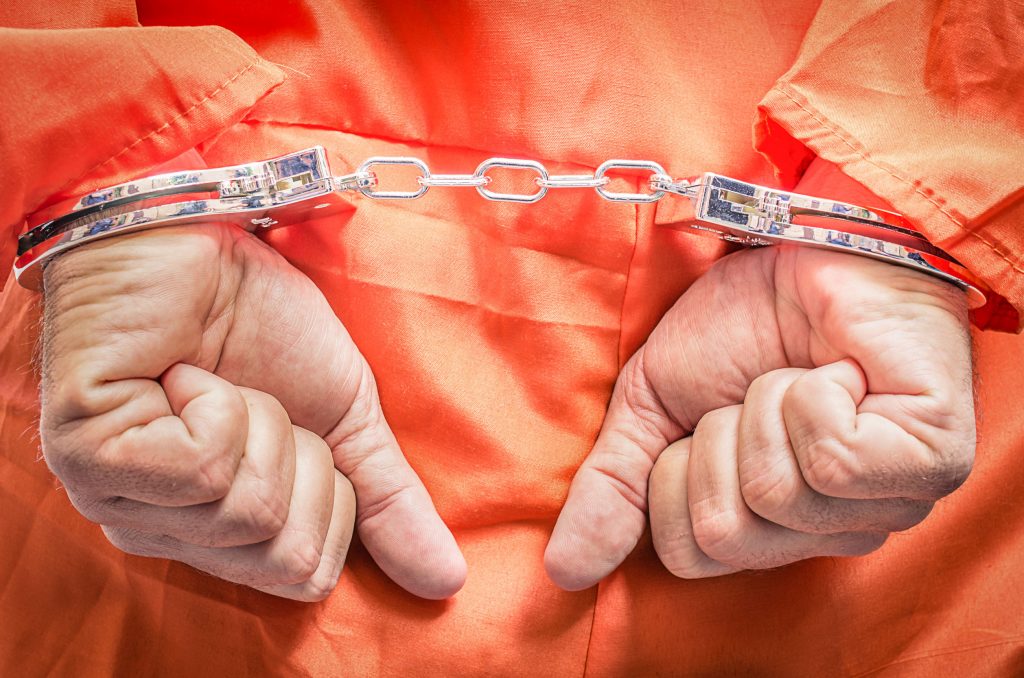
Florida’s new death penalty law is now in doubt after a Monday ruling in which a judge found it to be unconstitutional.
The law, known as HB 7101, was enacted in March and requires that 10 out of 12 jurors vote for the death penalty in order to successfully sentence the defendant to death. But, according to Florida Circuit Judge Milton Hirsch, the law violates the Constitution because it does not require a unanimous jury verdict. Hirsch reasoned that the system, called a “super majority” system because it requires agreement between just 10 out of 12 jurors, goes against long-standing norms in U.S. jurisprudence which have required a unanimous decision in order to sentence someone to death.
HB 7101 was passed after Florida’s previous death penalty system was found unconstitutional by the state’s Supreme Court, which argued that juries were not given enough of a say in such cases. Under the previous system, juries would issue majority recommendations, but judges would ultimately decide on the sentence. But the new standard, according to Judge Hirsch, violates the Florida requirement that jurors reach “total concurrence” in criminal cases.
This recent ruling once again throws Florida’s death penalty into doubt. It is unclear what the next steps in this saga will be, but it seems likely that Florida’s Supreme Court will have to weigh in on the issue again.



Leave a Comment